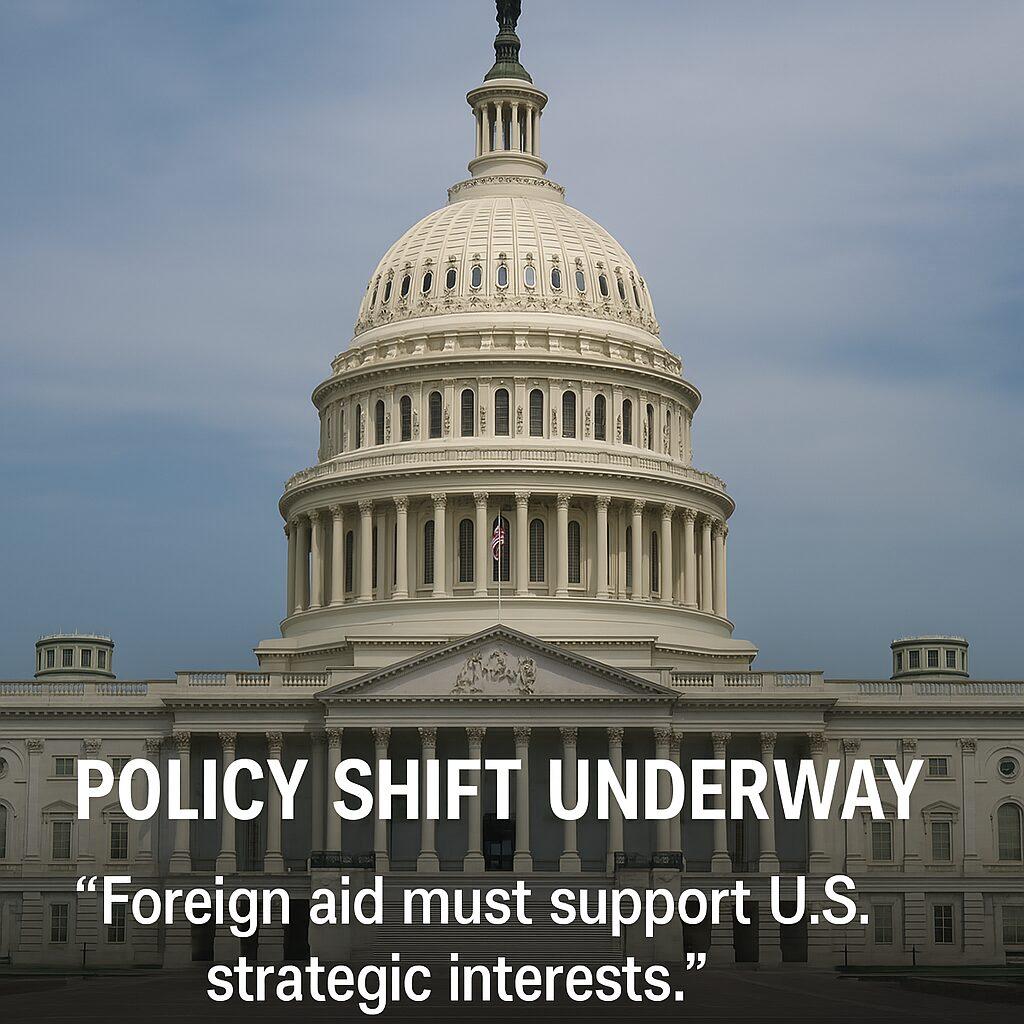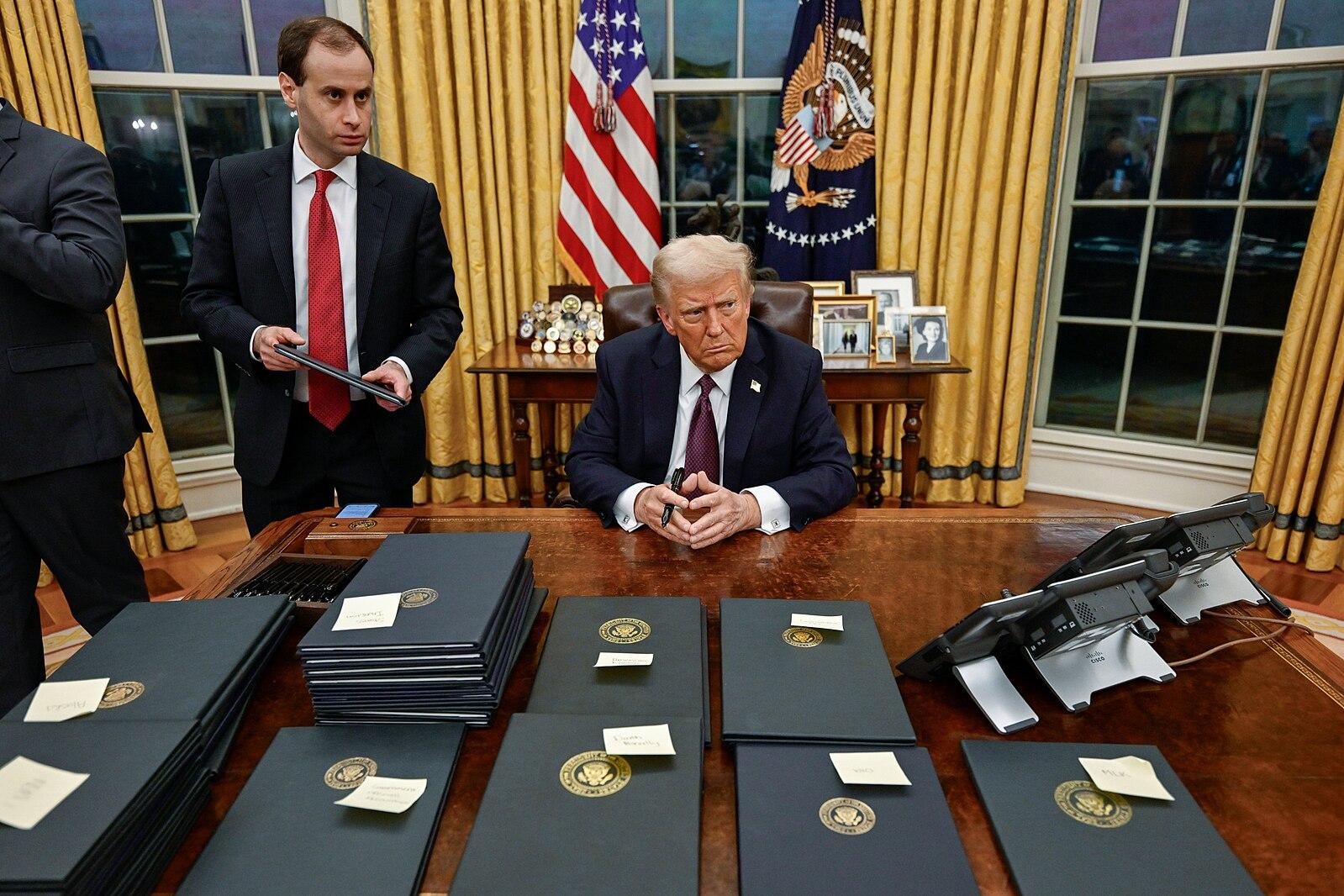THE Supreme Court began meeting last week to consider the ongoing case of King v. Burwell, which deals with problems surrounding the current Affordable Care Act (ACA) also known as Obamacare. The case puts at risk President Obama’s low- and middle-income subsidies for millions of Americans who live in states without their own private health insurance exchanges.
Currently, only 16 states rely on their own state-run insurance exchange (California, which has its own Covered California market, is one of them). In King v. Burwell, the Supreme Court will consider the question of whether tax credits from the ACA are limited only to state-run marketplaces, or if they should be given to all.
At issue is whether the ACA’s tax credits are limited only to state-run health insurance Marketplaces. Up to 37 states relying on Healthcare.gov could be directly affected by the King case. If the Court limits the tax credits, millions of residents in these states will no longer have access to affordable coverage, undermining the main purpose of the ACA: to make health insurance attainable for everyone.
“The health and livelihood of families across the country is teetering in the balance of the Supreme Court’s decision,” said Iyanrick John, senior policy analyst for the Asian & Pacific Islander American Health Forum (APIAHF). “If the Court overturns the tax credits, families in up to 37 states will lose their health insurance coverage, and be left in the same position they were in before the Affordable Care Act—without health insurance and at risk.”
Chief Justice John Roberts declined to enter a partisan fray among his colleagues over the latest Obamacare challenge to reach the high court, leaving people to wonder whether the justices would accept plaintiffs’ arguments that middle- and low-income adults who have insurance through the federal exchanges were not entitled to subsidies.
In the case, a Burwell ruling would maintain the status quo of subsidies everywhere, forcing both Congress and the states to take drastic action fast. A King ruling would eliminate subsidies in the states relying on federal market exchanges, thereby demolishing Obamacare, and the individual mandate will largely vanish as high out-of-pocket insurance costs trigger mandate exemptions for most people. Unsubsidized insurance will become expensive, and insurers will face two restrictions that could be crippling.
Current language of the law says that tax credits are only to be used for online marketplaces “established by the state,” thus limiting availability of access to millions of Americans, including many Asian Americans, Native Hawaiian and Pacific Islanders (AANHPI).
The conservative plaintiffs challenging the current law argue that the way it is written does not allow ACA tax credits to go to people whose states have not chosen to set up their own health care marketplaces—many for federal funding reasons, creating less of an incentive to. Meanwhile, the Obama administration argues the ACA writers clearly intended for people in all 50 states to get the tax subsidies, whether or not they live in a state with a self-run marketplace.
“This is a straightforward case of statutory construction,” Michael Carvin, the plaintiff’s lawyer, said at the outset of his argument in the King case. He said the IRS rewrote the law allowing people who bought insurance not only under state exchanges but under a fallback exchange established by the federal government to receive the tax credits, thereby overextending its power.
At the hearing, Solicitor General Donald Verrilli Jr., who argued on behalf of the Obama administration, kept retorting with Justice Antonin Scalia about the implications of the ruling.
“That cannot be the statute Congress intended,” Verrilli said.
“Of course it could be,” Scalia fired back.
The argument for whether a ruling against the law would result in disastrous consequences, however, came most strongly from some of the court’s liberal justices. This was a turn from congressional hearings last week, in which Sylvia Burwell, secretary for the Department of Health and Human Services, remained strictly on message that at least 7 million people could lose health insurance, if the court ruled against the administration.
Justice Kennedy expressed his concern that if the federal government intended only to give subsidies to those few states with their own private exchanges, it could be an “unconstitutional form of federal coercion.”
“Justice Anthony Kennedy expressed deep concern with a system where the statute would potentially destroy the insurance system in states that chose not to establish their own exchanges,” according to SCOTUSBlog. Because the subsidies are so integral to making the exchanges work, the government essentially would be forcing states to build them, Kennedy asserted.
According to Forbes, an estimated nine million people currently have health insurance through federal exchanges, one-twentieth the number of people in the country with private health insurance. About two-thirds of those receiving ACA subsidies are getting them through federally-facilitated exchanges.
Before and after the hearings, protesters from both sides of the issue gathered outside the Supreme Court, some holding signs that read, “I didn’t elect the IRS!” and others, “Don’t take away my health care.”
The APIAHF along with activist organizations filed a joint amicus brief last January, detailing the lingering disparities and devastating effects that having no health insurance would have on everyone, from immigrants to the elderly. It also highlights the importance of the ACA’s tax credits in helping people get access.
APIAHF has also partnered with Action for Health Justice (AHJ), a new national initiative comprised of different associations with the collective goal to educate communities about the benefits of the ACA. AHJ also provides one-on-one in-language assistance to filling out paperwork and gathering the necessary materials to enroll.
“From the over 600,000 lives we have touched through our outreach, education and enrollment efforts, we can see the real impact that the law has had and the health gains benefiting AANHPI communities across the country,” said Doreena Wong, project director of the Health Access Project at Asian Americans Advancing Justice, a partner of the Action for Health Justice campaign. “A bad decision in King will erode that.”
Republicans were vocal ahead of the hearings about fixes that could come out of the ruling. On Tuesday, March 3 Sen. Ted Cruz (R-Texas) introduced the latest alternative bill to Obamacare: the Health Care Choices Act, which would allow people to buy health insurance across state lines. A group of Republicans also have rallied around the Patient Choice, Affordability, Responsibility and Empowerment Act, which is similar to the current law but lowers coverage requirements for health insurance companies.
(With reports from Politico, US World & News Report, Forbes)
(www.asianjournal.com)
(LA Midweek March 11-13, 2015 Sec. A pg.1)




